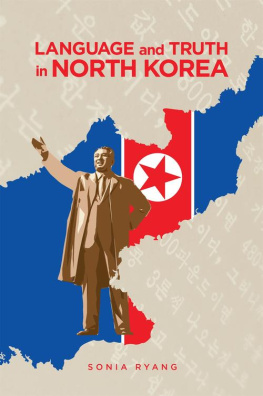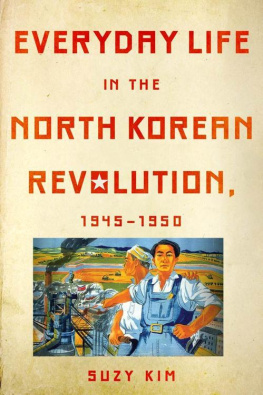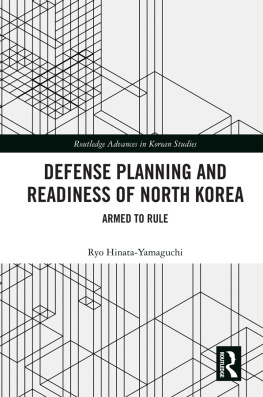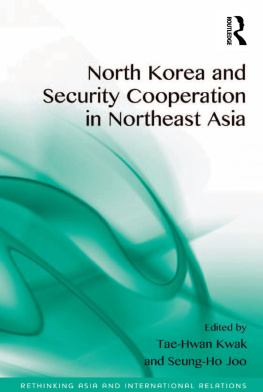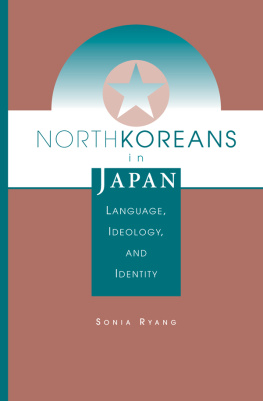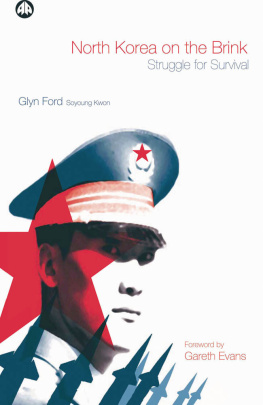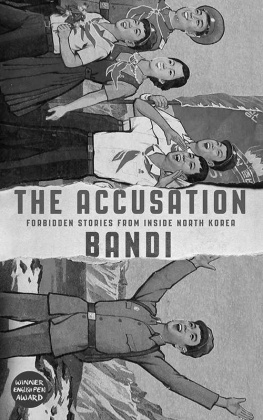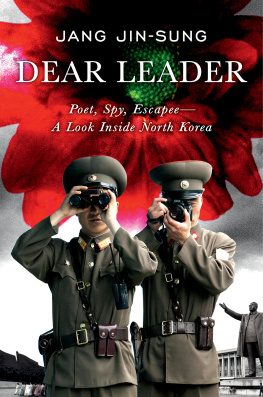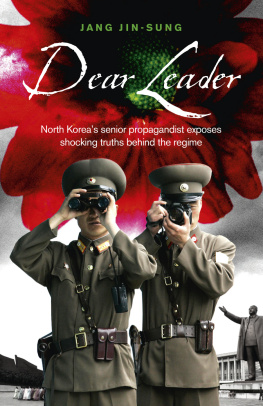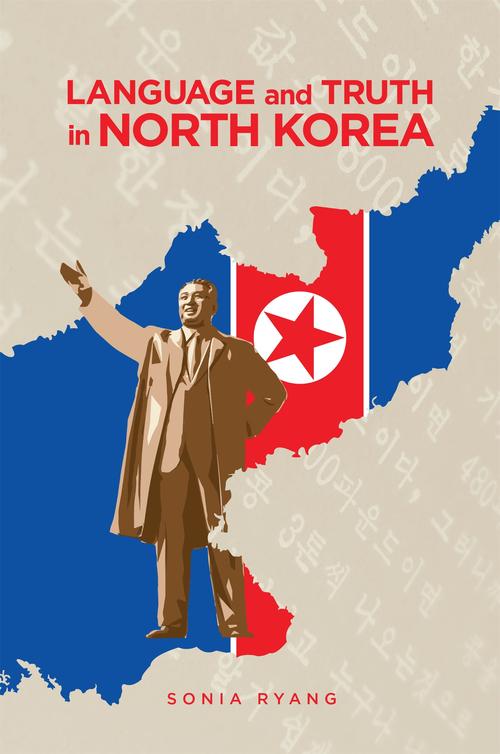iv
2021 University of Hawaii Press
Library of Congress Control Number: 2020946984
The Open Access edition of this book is licensed under Creative Commons Attribution-NonCommercial-NoDerivatives 4.0 International (CC BY-NC-ND 4.0), which means that digital editions of the work may be freely downloaded and shared for non-commercial purposes, provided credit is given to the author. Commercial uses and the publication of any derivative works require permission from the publisher. For details, see https://creativecommons.org/licenses/by-nc-nd/4.0/.
The Creative Commons license described above does not apply
to any material that is separately copyrighted.
ISBN 9780824888718 (OA PDF)
ISBN 9780824888770 (OA EPUB)
ISBN 9780824888787 (Kindle)
The Open Access edition of this book was made possible with support from the T. T. and W. F. Chao Center for Asian Studies Tenth Anniversary Publication Fund.
vii
W riting books is a privilege, one that I often wonder whether I truly deserve, even after having written and published multiple volumes. Although writing itself can be a burden, the opportunity that it provides me, as an author, to express myselfand not simply my mental contemplations, but the material part of me as wellis a privilege that is, in my view, unsurpassed by anything else, save for motherhood. For this book, I am once again haunted by the familiar question of whether or not I have put all of my soul into its creation.
As with all of the other books that I have written, there are many individuals who have helped me in my journey and many entities that facilitated my research. First and foremost, I would like to express my thanks to the National Science Foundation for granting me the Senior Research Grant (ID#BCS-1504957), which provided me with encouragement as well as the material basis for the research for this book. Jeffrey Mantz, the Program Director for Anthropology, with his trust in my scholarship, played a pivotal role in the conception as well as the completion of this project. I am forever indebted to Jeff.
As part of the research toward this book, I met a number of former defectors from North Korea. Although I will not name these individuals, I wish to express my heartfelt gratitude to them here for the insights that they shared with me. An NGO involved in refugee support in North America (which I will also opt not to name) helped me to meet with the defectors and played a key role in facilitating this endeavor. I am truly grateful for its help.
Preliminary thoughts on this book were shared with colleagues in Rice Universitys Department of Anthropology in 2016 when I gave a talk there. Faculty and students who were present gave me invaluable insights and posed thought-provoking questions. I am very grateful for that occasion. In 2018, Todd Henry invited me to the Transnational Korean Studies seminar at the University of California, San Diego, where I had the opportunity to present an early version of the content of of this book. The questions that I was asked and the comments that I received from faculty and students viii on that occasion were amazing, helping me enormously in further developing my ideas. I want to thank Todd and all of them for providing me with this opportunity.
Another incredible source of inspiration for the completion of this book came after I was invited to participate in the Affect in Korea workshop at Tel Aviv University in May 2019. In Tel Aviv, I benefited from constructive suggestions and criticisms as well as warm encouragement. I wish to express particular thanks to Liora Sarfati, who organized the workshop. At the workshop, I was inspired by comments and reflections by Steve Choe, David Shuster, Dafna Zur, and many others.
Dafna Zur has been an important figure in my research. She first invited me back in 2012 to a Stanford University workshop on North Korean culture, where I had the privilege of meeting a new generation of sophisticated researchers of diverse backgrounds. Seeing Dafna again in Tel Aviv and spending time together there conversing and discussing research and scholarship, walking around the neighborhood that was dear to Dafna, was a delight as well as a source of immense inspiration. I also wish to thank Dafna for having drawn my attention to the journal Munhwaeo hakseup (Study of the Cultured Korean Language) published in North Korea from the 1960s through the 1980s.
One of the many exceptional scholars that I met at Dafnas 2012 workshop was Immanuel Kim, whose work played an instrumental role during the initial formation and later development of my thoughts. In 2017, I had the great fortune to attend a workshop on North Korean poster culture organized by Koen de Ceuster of Leiden University. Immanuel was a fellow participant, and he provided me with enormous assistance in terms of the further development of my thought processes. I was truly inspired by his paper, as well as by many of the other papers presented on that occasion. I would like to thank Koen for organizing such a wonderful gathering. Also at the Leiden workshop was Andre Schmid, who has been an anchor to me in relation to my ideas about North Korea for many years, if not decades. His thorough and faithful approach to the data has been a beacon to me as I proceeded with my research. I am thankful for his friendship and his exemplary work, which has been the source of my inspiration.
Since my move to Rice University as Director of the Chao Center for Asian Studies, in 2014 many of my colleagues, both within and beyond Rice, have become key intellectual companions as well as sources of inspiration and new ideas. Richard Smith has consistently acted as my intellectual interlocutor, conversations with him providing me with significant insights into the ix material that I deal with in this book. Another colleague whose intellectual depth and breadth have exerted a powerful influence on this book is Jeffrey Kripal, although Jeff himself may not be aware of this. The postdoctoral fellows in the Transnational Asia Research Initiative with whom I had direct interaction also played an important, if perhaps less obvious, role in the formation and advancement of my ideas. I would like to thank all of them for their presence and the intellectual stimulation which they provided. Many outside visitors to the Center have also provided me with encouragement and collectively served as a sounding board. In particular, I would like to thank Paul Greenough, John Lie, and Robert Oppenheim for their camaraderie and insightful comments on my research. I also wish to thank Chao Center colleagues and staff, Haejin E. Koh, Steven Lewis, Hae Hun Matos, and Amber Szymczyk, for always being there for me and consistently supporting my work.
The T. T. and W. F. Chao Center for Asian Studies Tenth Anniversary Publication Fund enabled University of Hawaii Press to make digital editions of this book available in open access format. A portion of ). However, my thinking in this area has shifted considerably since the publication of this article, leading me to present new ideas and interpretations related to the same material in this chapter.
Finally, I would like to thank individuals who have directly facilitated the completion of this publication: Pamela Kelley, former editor at the University of Hawaii Press, whose patient interlocution nurtured this project; Stephanie Chun, Pamelas successor, an equally wonderful editor, who is always caring and encouraging, boosting my energy levels and my creative output; and Grace Wen, managing editor at the press, and Marc Miyake, the copy editor for the press, both of whom ensured the final stage of the completion of this book. Don Cameron, my copy editor, who has been working with me for a long time, has done a remarkable job yet again. I am thankful for Dons unmatched expertise and his meticulous editing, his skill enhanced by his multilingual ability. The comments and suggestions of two anonymous readers for the press review were also extremely useful in helping me to further refine the books focus. I am grateful for their astute and balanced reading of my manuscript.

